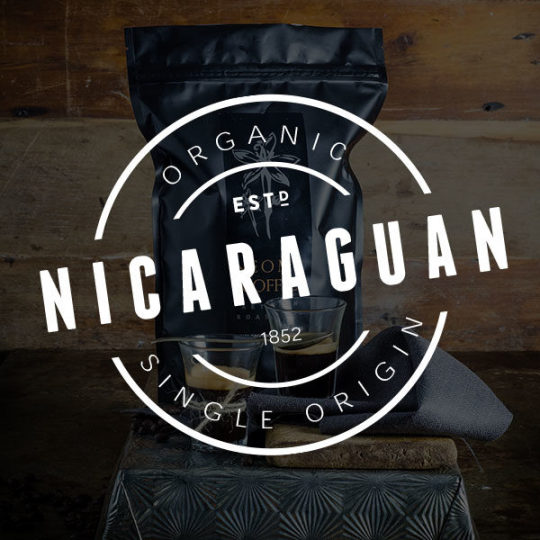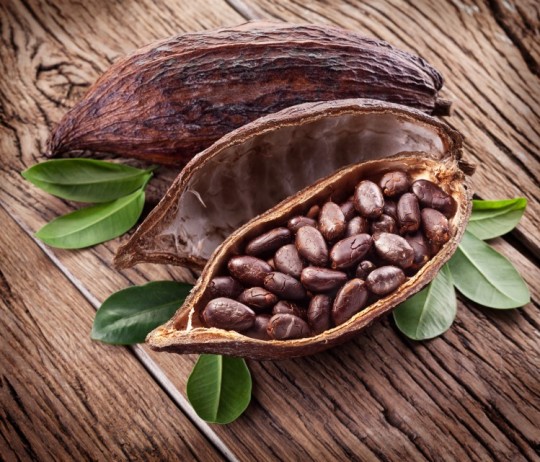Photo

Did you know that up to the 1970’s, Nicaragua was seen as one of the best Latin American coffee producers. But they were affected by some natural disasters which led to their disappearance for many years. But in the last decade, Nicaraguan coffees have been getting very popular in North America because they are known for their organic Farm practices. Also, Nicaraguan coffee are mostly grown in the mountains of the North-west- high altitude, shade grown and very delicious.

Only Arabica beans are grown in Nicaragua. The Matagalpa and Jinotega regions are popularly known for growing coffee. Almost all of it is grown at altitudes above 800 m / 2500 feet. Coffee grown at higher altitudes takes longer to mature, resulting in denser, more consistent and more flavourful beans.
At 11 billion dollars per year, Coffee is the second largest traded commodity in the world (after petroleum).
Coffee trees grow in tropical regions. The beans grow in pairs of seeds in cherries. The seeds are removed from the cherries and are dried and hulled to remove the protective skin called parchment. The coffee beans are greenish in color and are subsequently roasted to various shades of brown depending on the roast style. The roasted beans are ground and brewed with hot water to make the coffee drink.
Each coffee seed contains over 800 natural chemicals. Every step in the process from climate and growing conditions, genetics of the tree, to the final brewing methods affect these natural chemicals. Each of these factors affects the distinct taste of the final brew.
Two main types of coffee that are widely used around the world are robust and arabica Coffee beans..
Espresso Express only uses the finest arabica beans grown on Nicaragua’s Organic soil.
Roasting is the process by which green coffee beans are transformed into a dark, aromatic and tasty product, which we know as coffee beans. Commercial mixes or supermarket coffees are toasted to a light cinnamon colour, losing about 12 - 14 percent of the moisture ( weight ) of green coffee.
At Espresso Express, we use coffee beans that are roasted to a rich and dark brown color, losing about 17 - 25 percent of the moisture in the beans. It is also produced with 100 percent arabica coffee beans grown on Nicaraguan organic soil, so it produces a good crema and has the aroma and taste that goes with a premium quality coffee.
At Espresso Express, we use the Organic Nicaraguan coffee which is citrusy, bright and delicate and we also add familiar syrups to the taste.
If you will like to enjoy a perfect shot of our Espresso Roast, which is a darker colour than ordinary coffee or drip with a rustic sweetness, a hint of cocoa and a hint of dark fruit, then visit any of our cafes. You can learn more here www.espressoexpress.com.
Cited Sources
https://www.amazon.com/Nicaragua-Organic-Certified-Coffee-RoastLimited/dp/B0764GHLWD
https://www.sparkplugcoffee.com/the-scoop/5-facts-about-nicaraguan-coffee
https://homeroastcoffee.com/products/nicaragua-organic-jinotega-paraiso-shg-ep-arabica-green-coffee-beans
https://www.guide2coffee.com/guide-2-coffee-1/2013/6/10/arabica-vs-robusta-coffee-beans
#mtlcafecrawl#mtlfoodie#cafemay#coffeegram#foodgram#foodblogger#montrealjetaime#mtlife#mtlphoto#foodpost#instafood canadianblogger
0 notes